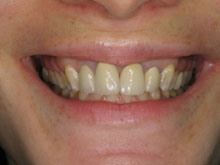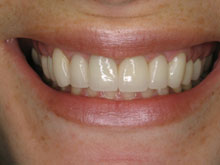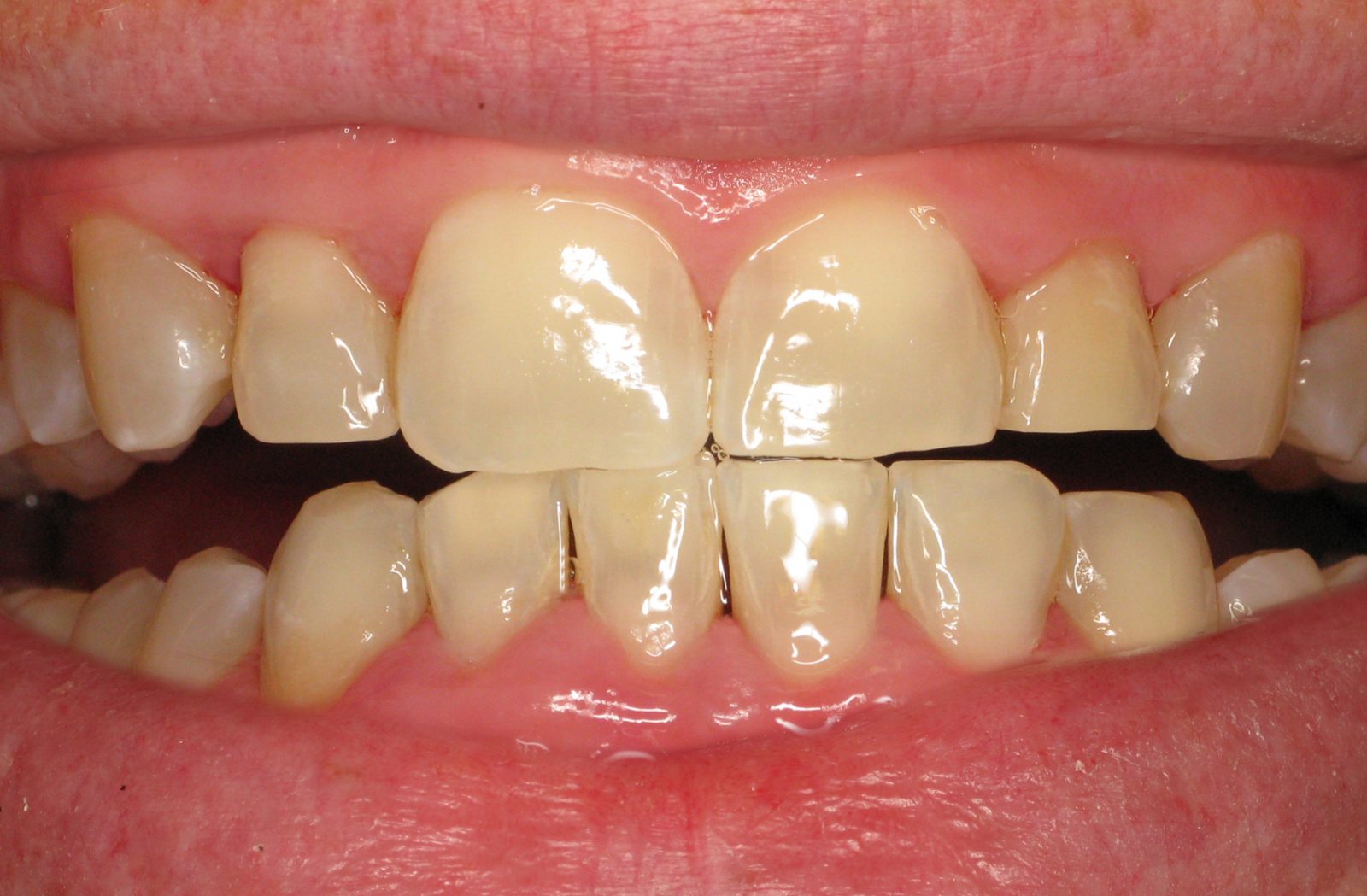What Are The Potential Risks and Complications Associated with Gum Recession?
Gum recession, while often a common consequence of untreated gum disease or aggressive oral hygiene practices, presents risks and complications beyond aesthetic concerns. Exposed tooth roots become more susceptible to sensitivity and decay, leading to potential discomfort and compromised oral health. The diminished support from receding gums may result in tooth mobility and, in severe cases, tooth loss.
Additionally, exposure to the roots makes individuals prone to increased temperature sensitivity and heightened vulnerability to various dental issues. Furthermore, untreated gum recession may progress to advanced stages of periodontal disease, exacerbating inflammation and potentially impacting overall systemic health. Regular dental check-ups and proactive gum recession management are essential to mitigate these risks and ensure comprehensive oral well-being.
How does gum recession contribute to increased tooth sensitivity?
Gum recession can contribute significantly to increased tooth sensitivity by exposing the vulnerable tooth roots to external stimuli. The roots of the teeth are protected by a layer of cementum and covered by the gums. When gums recede due to periodontal disease, aggressive brushing, or other factors, the protective covering diminishes, exposing the porous dentin underneath.
Dentin contains tiny tubules that connect to the nerve endings within the tooth, allowing external stimuli direct access to the nerve. As a result, hot, cold, sweet, or acidic substances that come into contact with the exposed roots can stimulate the nerves, causing heightened sensitivity and discomfort. Individuals with gum recession often experience increased sensitivity when consuming certain foods or beverages or during oral care practices.
Addressing the underlying causes of gum recession and adopting strategies to protect exposed roots, such as desensitizing toothpaste or dental procedures like gum grafting, can help manage tooth sensitivity associated with gum recession. Regular dental check-ups are crucial to monitor and address these issues, preventing further complications promptly.
What risks are associated with tooth decay and damage due to gum recession?
Gum recession poses significant risks to tooth health, increasing the susceptibility to tooth decay and damage. As gums recede, the protective layer of enamel covering the tooth diminishes, leaving the softer dentin and exposed tooth roots vulnerable to bacterial attack. The roots lack robust enamel protection, making them more prone to decay and cavities. Additionally, the exposure of tooth roots increases the risk of abrasion and mechanical damage, especially during brushing or other oral care practices.
If left unaddressed, this compromised structural integrity can lead to heightened tooth sensitivity, pain, and potential tooth loss. Individuals with gum recession may also experience an increased risk of developing root caries, a specific type of decay affecting the tooth roots.
To mitigate these risks, addressing the underlying causes of gum recession is essential, as well as adopting proper oral hygiene practices and seeking timely intervention through dental treatments such as fillings, dental bonding, or preventive measures like fluoride applications. Call (877) 440-3564 to schedule regular dental check-ups to identify and manage these risks and preserve gum and tooth health.
In what ways do aesthetic concerns arise from changes in smile appearance due to gum recession?
Gum recession can give rise to notable aesthetic concerns as it transforms the smile’s appearance in several ways. The most apparent change is the exposure of tooth roots, leading to longer-looking teeth and an uneven gumline. This alteration can result in a less symmetrical and balanced smile, impacting the overall facial aesthetics. The teeth may appear disproportionate or elongated, affecting the harmony of the smile. Additionally, the gaps between teeth may become more prominent, creating spaces that were not previously visible.
The natural contour of the gumline is disrupted, contributing to an irregular and less visually appealing smile. Individuals with gum recession may also experience tooth sensitivity, affecting their ability to smile comfortably. These aesthetic concerns can have a profound impact on self-esteem and confidence.
Addressing gum recession through appropriate treatments, such as gum grafting or pocket reduction surgery, not only restores oral health but also rejuvenates the smile’s aesthetics, ensuring a confident and harmonious appearance. Regular consultation with a periodontist can provide tailored solutions to address aesthetic concerns associated with gum recession effectively.
How does leaving gum recession untreated increase the risk of tooth loss?
Leaving gum recession untreated poses a substantial risk of tooth loss due to the detrimental effects on the supporting structures of the teeth. As gums recede, the exposure of tooth roots makes them vulnerable to decay and damage and compromises the integrity of the surrounding periodontal tissues. The lack of adequate gum coverage and the potential progression of underlying periodontal disease can lead to the loosening and instability of affected teeth.
Without intervention, the supporting bone may continue to erode, exacerbating the weakening of the tooth’s foundation. Eventually, this cascade of events can result in tooth mobility and, in severe cases, lead to irreversible damage that necessitates extraction. Timely management of gum recession through various treatments, such as gum grafting, pocket reduction surgery, or other periodontal interventions, is crucial in preventing the progression of these issues and preserving natural teeth.
Regular dental check-ups and early intervention are key components of maintaining oral health and preventing the adverse outcome of tooth loss associated with untreated gum recession.






